By Ira Kaufman and Velimir Srića
Most people see the world as it is and get frustrated. We need people who see the world as it could be and get ready to change it!
This paraphrase of a well-known quote is the reason why, for the last year or so, my fellow inspired Catalyzer and Skype pal, Velimir Srića and I began a journey to face and better understand our shattered world and share new directions in a book. We seem to be very ambitious — this book is for those who want to reinvent the world, to be in harmony driven by universal values and a superior ethical compass. It is for those who want to transform an institution, business, or organization; catalyze political change; or disrupt outdated, unresponsive policies (in healthcare, education, government, economics, and all other).
Love…Power
Central to all changes are the forces of Power and Love. They are at present playing a complicated game full of 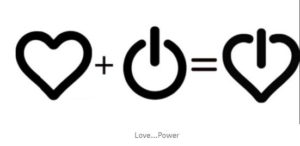 inconsistencies and double standards that fertilize our myths and change the direction of our ethical compasses. As for Power, we live in the age of global shifts that are dramatic, the old being challenged by the new. The Old power works like a currency. It is held by few, and when gained, it is jealously guarded. The powerful have a lot to store and to spend. So they keep it closed, inaccessible, and leader-driven. It enslaves and captures, makes the powerless majority feel miserable and unhappy. On the other hand, New Power operates like a current. It is available to many; it’s open, participatory, and peer-driven. It empowers and connects. It is not supposed to be kept and abused but channeled and distributed. Of course, our book discusses the constructive use of New Power and misuse of Old Power. The later has shattered the world, the former leads to more sustainable and harmonious Global Order.
inconsistencies and double standards that fertilize our myths and change the direction of our ethical compasses. As for Power, we live in the age of global shifts that are dramatic, the old being challenged by the new. The Old power works like a currency. It is held by few, and when gained, it is jealously guarded. The powerful have a lot to store and to spend. So they keep it closed, inaccessible, and leader-driven. It enslaves and captures, makes the powerless majority feel miserable and unhappy. On the other hand, New Power operates like a current. It is available to many; it’s open, participatory, and peer-driven. It empowers and connects. It is not supposed to be kept and abused but channeled and distributed. Of course, our book discusses the constructive use of New Power and misuse of Old Power. The later has shattered the world, the former leads to more sustainable and harmonious Global Order.
We need a RESET! The imperative to transform our broken world to what it must become instead of accepting the present situation as the default.
Most people see what’s wrong and just criticize it — we want to engage in a radical change. Hence, the book is written as a conversation about the challenging conditions in the world and how we can address them.
Let’s reflect on our condition. 2017 Edelman Trust Barometer, an annual global survey on trust and credibility “finds that two-thirds of the countries we survey are now “distrusters” (under 50% trust in the mainstream institutions of business, government, media and NGOs to do what is right), up from just over half in 2016.” The Report suggests 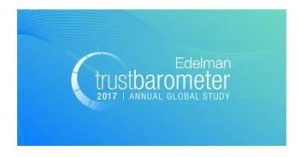 “As trust in institutions erodes, the basic assumptions of fairness, shared values and equal opportunity traditionally upheld by “the system” are no longer taken for granted. We observe deep disillusion on both the left and the right, who share opposition to globalization, innovation, deregulation, and multinational institutions.”
“As trust in institutions erodes, the basic assumptions of fairness, shared values and equal opportunity traditionally upheld by “the system” are no longer taken for granted. We observe deep disillusion on both the left and the right, who share opposition to globalization, innovation, deregulation, and multinational institutions.”
“There is growing despair about the future, a lack of confidence in the possibility of a better life for one’s family.” finds that only 15% of the general population believe the present system is working, while 53% do not and 32 % are uncertain.”
At the last World Economic Forum 86% of global executives suggested the world is facing a major leadership crisis — with executives having less than 50% confidence and trust in the leadership of business, media, government, education, and religious institutions. Despite all the technological innovation, we are unable to deal with the burning issues of political instability, suspended economic growth, poverty, injustice, international terrorism, global warming, or epidemic depression. It seems that humanity has never faced such deep social and economic problems, and, at the same time, was equipped with such a low level of understanding of the scope and reach of these problems.
What are the solutions?
We all recognize the vast potential of collaboration on emerging technologies. Today, almost everything humanity wants to achieve becomes possible. Why are we still pursuing wrong goals, trusting questionable ideas, and following the same deadly routine from the past? The answer lies with the values and beliefs. As Albert Einstein used to point out, we cannot solve our problems with the same thinking we used when we created them.
The world is shattered because we are trapped in the cage of the old economic, social and political values. They are based on the “untruths” that we now consider self-evident:
- Successful business means to maximize profits; greed supersedes generosity.
- For a leader to be successful, he or she must be on the top of a hierarchy and control information and decisions.
- We are secure only with people we are familiar with in terms of religion, culture, ethnicity, and gender.
- Quality of food, health care, access to water, and quality of life are determined by wealth and ability to pay for these benefits, they’re not a universal right.
- Gross Domestic Product (GDP) is the best tool to measure success and compare economies and societies
- Unethical and even criminal behavior is OK as long as you don’t get caught.
- Our resources are growing and being replenished; there’s no need to be restrained.
- We have done things for many years quite successfully, why should we change.
- Nobody is unbiased and everyone has an agenda, so don’t trust anyone.
- Support a party or movement based on their tradition instead of how they act on their current principles.
- Democracy is the best method to deal with public issues.
- Majority is always right; just follow the masses.
- Lying is okay; as everyone does it.
- Strive to win; always be right and in control, compromise is a sign of weakness.
- Sharing of ideas, collaboration isn’t successful; it’s better exploiting ideas by yourself.
- Admitting your wrong or made a mistake or don’t have complete knowledge is a sign of weakness and needs to be covered up.
- Asking forgiveness is a weakness, empathetic people are “wimps”.
- Taking a risk and failing is foolish behavior, not a learning experience.
- You are what you do and what you “possess”; money opens all doors.
- Sustainability is focused only on our environment.
Behind each of these “untruths” there is a belief and a value that underpins a resulting action. As an outcome, we are witnessing the shattered world, reflected in our democracy, market economy, morality and ethics, culture, health, education, and ecology.
Our book is aimed at providing our executives, managers and entrepreneurs in government, business and nonprofits with a breakthrough in mind-set about the false “truths“ we accept and live by and provide a road map for sustainable change.
2017 Edelman Trust Barometer concluded “The onus is now on business, the one institution that retains some trust with those skeptical about the system, to prove that it is possible to act in the interest of shareholders and society alike. Free markets can succeed for all if business works with the people, not just sells to them.”
Yet business faces a paradox; the public’s distrust of their integrity and support for loss of jobs (due to globalization, automation, lack of training) vs the company’s capacity to both increase profits and improve economic and social conditions. We agree, that business leaders must step up and become “Transformers” integrating social impact into their goals. Based on a Quadruple Bottom Line (sustainable outcomes for all stakeholders), they can be catalysts for global change.
All the shattered things must be transformed. Our book is organized in three parts. The first is Assessing the conditions. The second is Re-inventing the mindset and tools required for change. The third part is Innovating solutions that generate sustainable change.
Please join us by engaging in discussion, contributing new “untruths” and helping us write a timely and necessary guidebook for our current leaders and future “transformers”.
Listen as though you feel everyone’s pain
Innovate as though you’re open to limitless possibilities
Collaborate as though no obstacles exist
Manage as though sustainability is your bottom line
Thank you.
************
Ira Kaufman, PhD is a Digital Transformation Strategist, CEO, Social Entrepreneur and Educator. His company, Entwine Digital, has been working with midsize and multinationals to design Digital Transformation strategies and train World Class Digital Leaders and Transformative Leaders. He launched Institute for Transformative Leadership at Lynchburg College School of Business and Economics. His team is collaborating with Legacy International (NGO specializing in training future leaders) to develop the Global Transformation Corps as an interactive network of executives, experts, impact investors and emerging leaders to face the challenges and seize the opportunities of our 4th Industrial Revolution.
Velimir Srića (MS in Electrical Engineering; MBA from Graduate School of Business, Columbia University, New York; PhD in management information systems) is professor of management at Zagreb University and visiting professor at UCLA (University of California at Los Angeles). He was teaching at Beijing Renmin University in the People’s Republic of China, as well as in Budapest, Dubai, Graz, Maribor, Podgorica, Rijeka, Sarajevo and Split. He was Director of Croatian Information Technology Institute, Minister of Science and member of Croatian Government. He is member of The Club of Rome, honorary member of Croatian Helsinki Committee, and program director of DELFIN (Developing Effective Leadership for Innovation), a private executive development and consulting firm.
Contact Us at Entwine Digital to Increase Customer Engagement for your organization today!


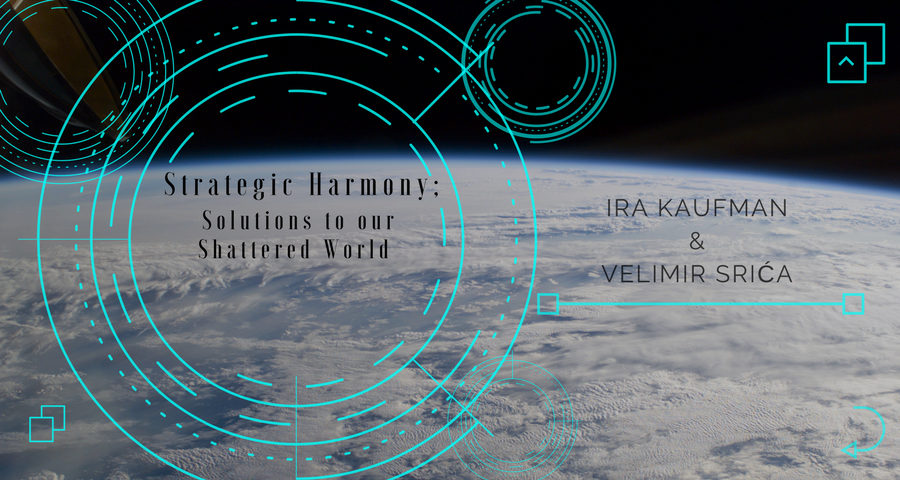
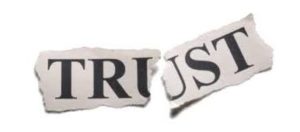
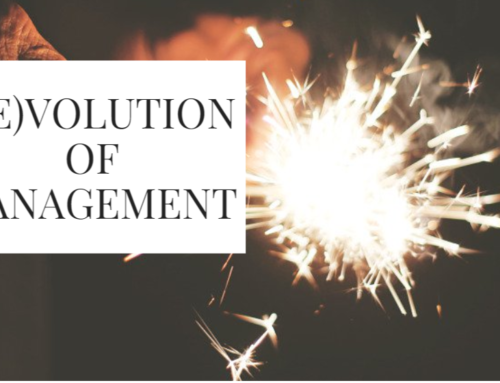
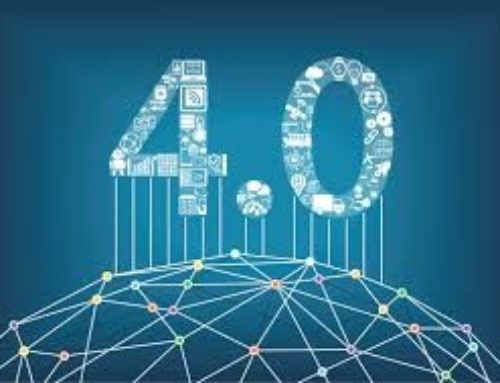
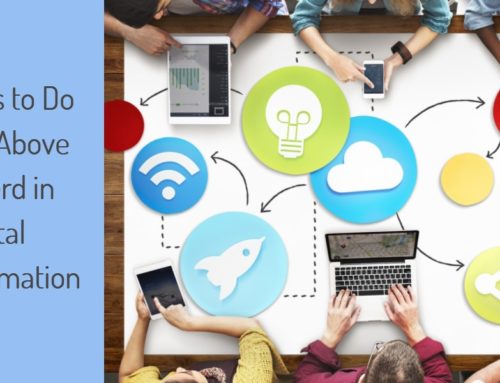
Leave A Comment